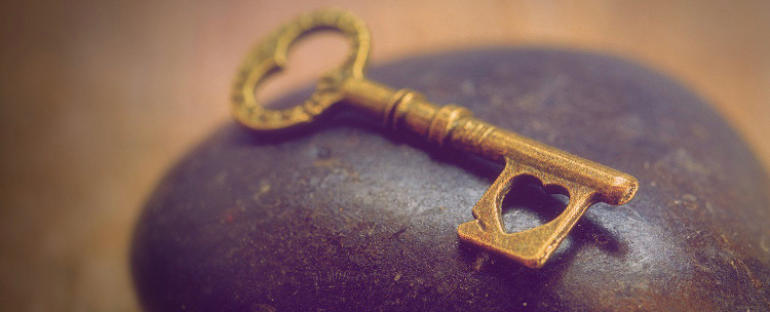Ridicule, the gnarly beast that can hinder an artist, or anyone for that matter, from achieving their goal or purpose. Ridicule breathes its rancid, hot breath on us, stopping us in mid-stride before we’ve even gotten our first step on the trail to the prize. ridicule rears up on its powerful haunches to present itself as an insurmountable barrier to our quest. Ridicule roars its terrible cry, causing us to sink back into the hole in which we find ourselves caged. Ridicule is a fearful creature, at least in our minds; and, that is just the problem: ridicule exists in our minds, nurtured by a motivation that sometimes is not as altruistic as we would want.
I believe it is our motivation, at least in part, that drives us in our perception of ridicule, or criticism, as either the defining moment in our creative life or as a harmless feather landing softly on our head to be shaken off with hardly a notice. Maria Popova reminded me of this struggle when she wrote, “To be an artist is to live suspended above the abyss between recognition and artistic value, never quite knowing whether your art will land on either bank, or straddle both, or be swallowed by the fathomless pit of obscurity.”1 The creative path is often an uncertain, lonely path. Without a foundation rooted in conviction of purpose, we would surely be tossed about unmercifully between the ecstatic highs of public adoration and crushing lows of rejection. I think that John Berryman said it best: “I would recommend the cultivation of extreme indifference to both praise and blame because praise will lead you to vanity, and blame will lead you to self-pity, and both are bad for writers.”2
Where do we find this conviction of purpose? If our motivation is solely recognition and praise, then we risk losing ourselves to pride and emptiness as we jettison our principles in order to achieve fame. If it is principled adherence to artistic value that motivates, then we will surely look back on our life with satisfaction. Recognition and praise, while satisfying for the moment, come from a fickle audience over which we have no control; but, artistic value is s commodity that we choose for our self. Father Hopkins was quoted as saying, “Fame in itself is nothing. The only thing that matters is virtue. Jesus Christ is the only true literary critic. But … from any lesser level or standard than that, we must recognize that fame is the true and appointed setting of men of genius.”3
When I approach my craft with an eye to fame and fortune, I am sure to be tossed about in the rough seas of public opinion and professional reviews. If I stay true to my calling, though, and create what is uplifting and edifying for those who encounter it, if I touch one person in a profound way through what I have produced, then I have done a good thing. The Apostle Paul wrote, “So, whether you eat or drink or whatever you do, do it all for the glory of God.” (1 Cor. 10:31) By creating such things is an act of love, which is to the glory of God.
1. Maria Popova. “Astrophysicist and Author Janna Levin Reads “Berryman” by M.S. Merwin: Some of the Finest and Most Soul-saving Advice on Hoe to Stay Sane as an Artist.” Accessed March 29, 2019. https://www.brainpickings.org/2019/03/18/merwin-berryman/?mc_cid=7f8c0ec34c&mc_eid=cdc929b456
2. John Berryman, “John Berryman, The Art of Poetry, No. 16,” interview by Peter A. Stitt, The Paris Review, Issue 53, Winter 1972. https://www.theparisreview.org/interviews/4052/john-berryman-the-art-of-poetry-no-16-john-berryman
3. Berryman, “The Art of Poetry, No. 16.”



2 Responses to Motivation